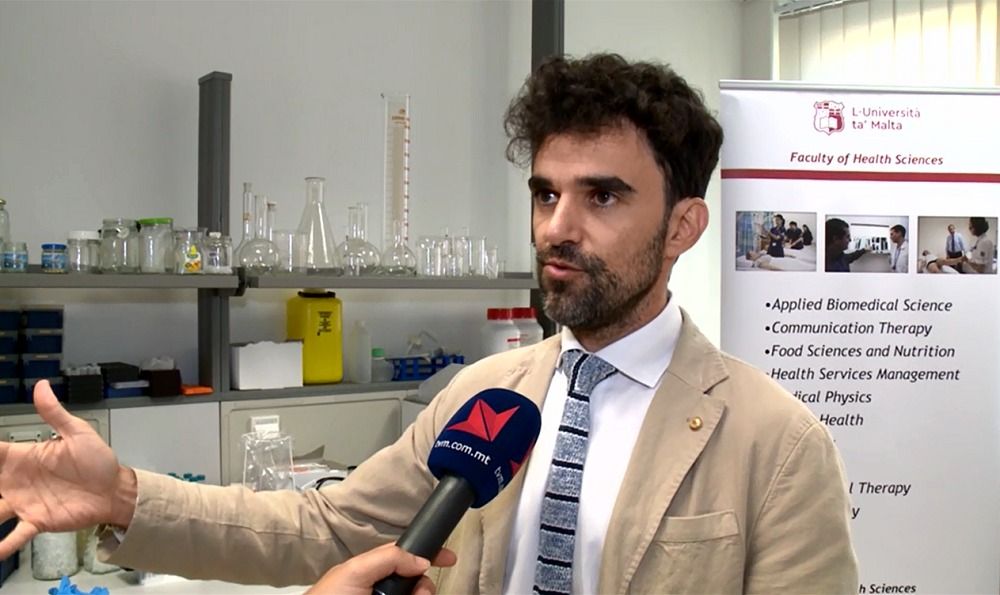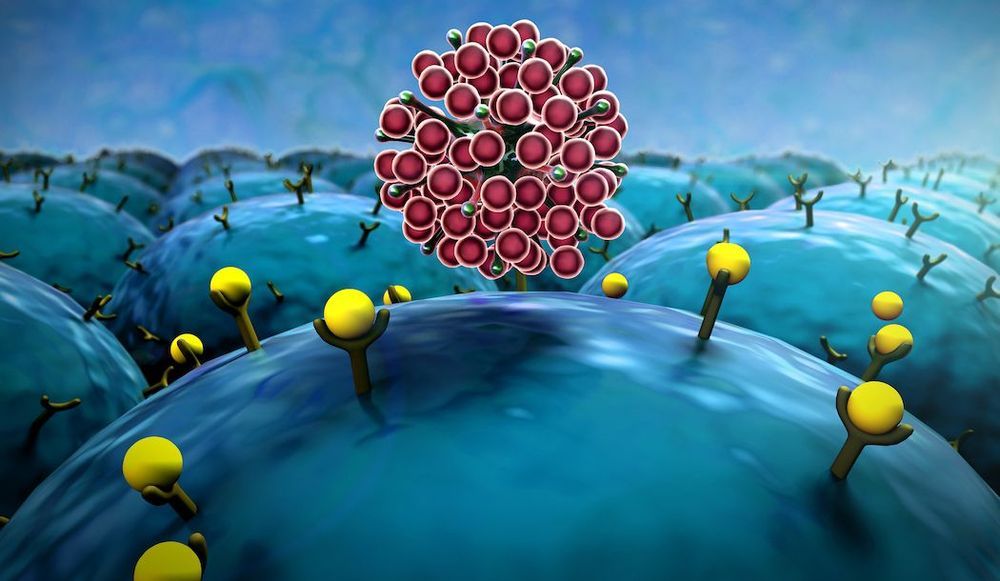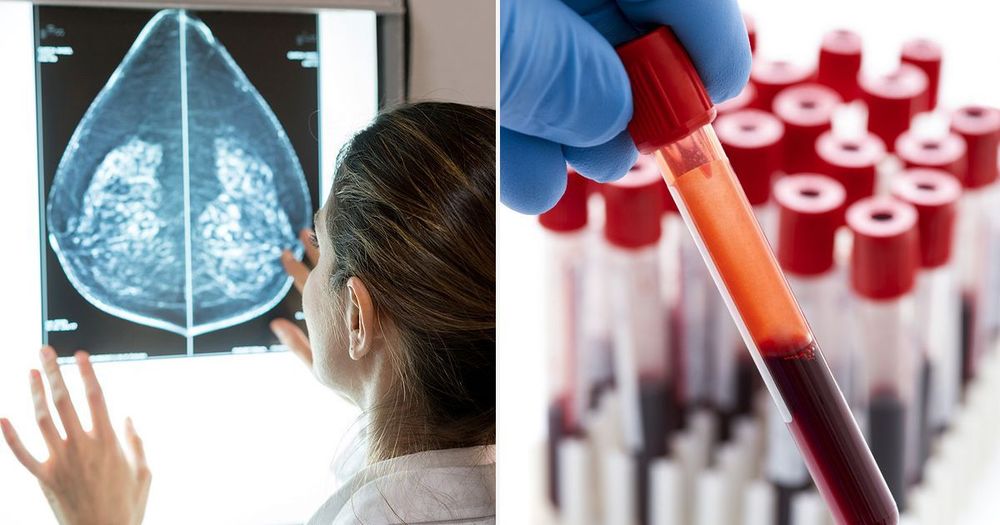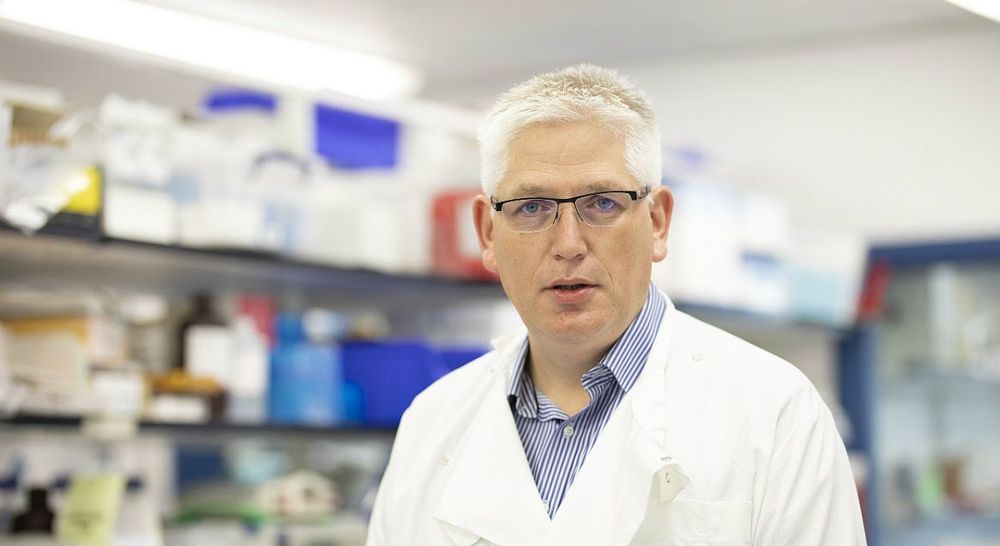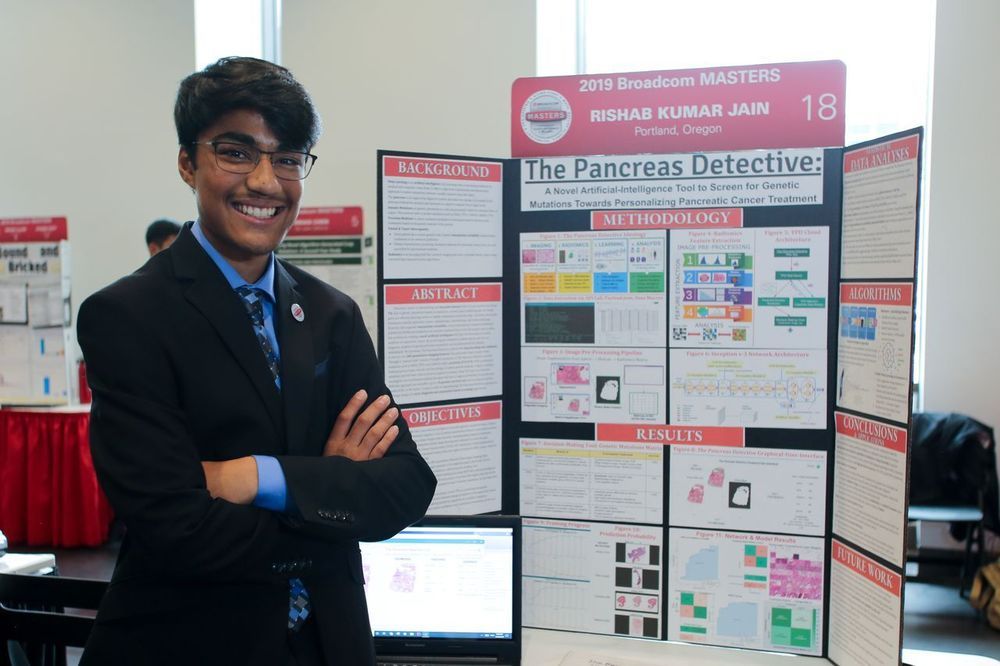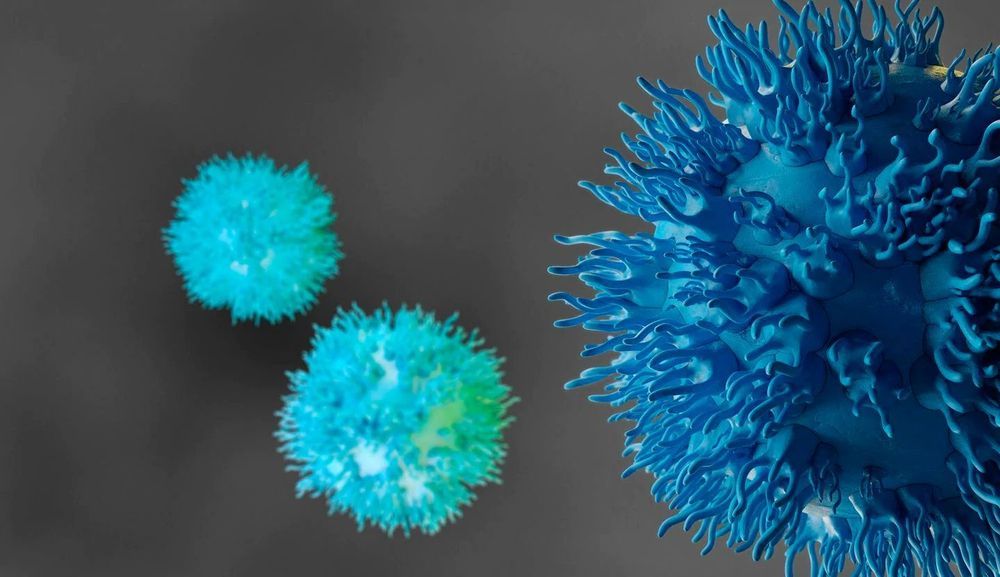A Maltese scientist working with a group of researchers have found a way to re-activate the human immune system to fight cancer cells that can develop.
Dr. David Saliba is optimistic that their research will pave the way for the development of new therapies to fight cancer.
Together with a group of researchers from the University of Malta and the University of Oxford, Dr. David Saliba has for the last four years researched about how immune system cells communicate with each other, especially when it comes to combating cancer.
